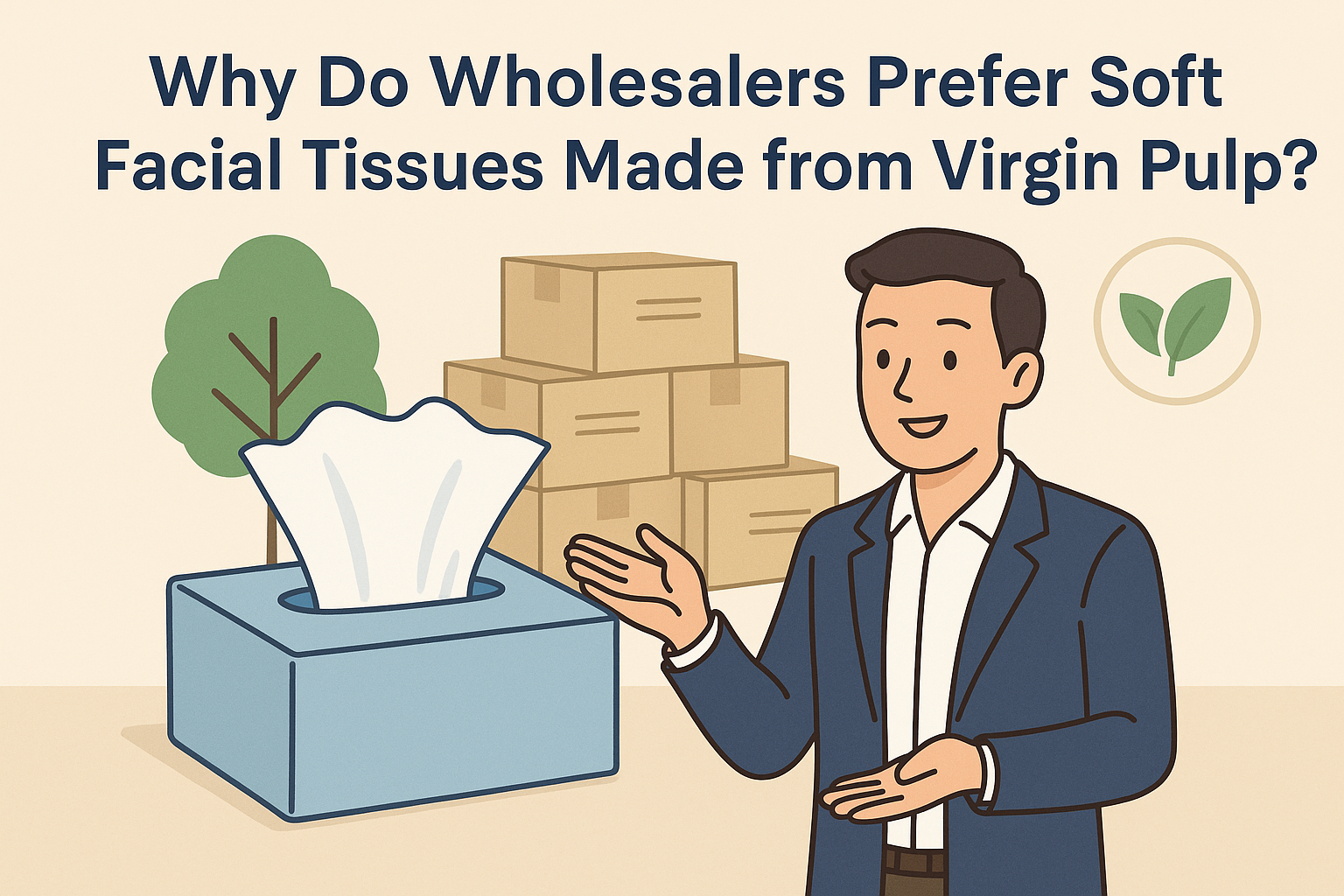Why Do Wholesalers Prefer Soft Facial Tissues Made from Virgin Pulp?
Wholesalers know customer satisfaction depends on details. When tissues feel rough, sales drop. Virgin pulp provides the premium softness and reliability needed to compete in crowded retail markets.
Virgin pulp tissues are softer, more absorbent, and more hygienic than recycled options. Their consistent quality helps wholesalers build trust, improve repeat sales, and position themselves as premium suppliers.
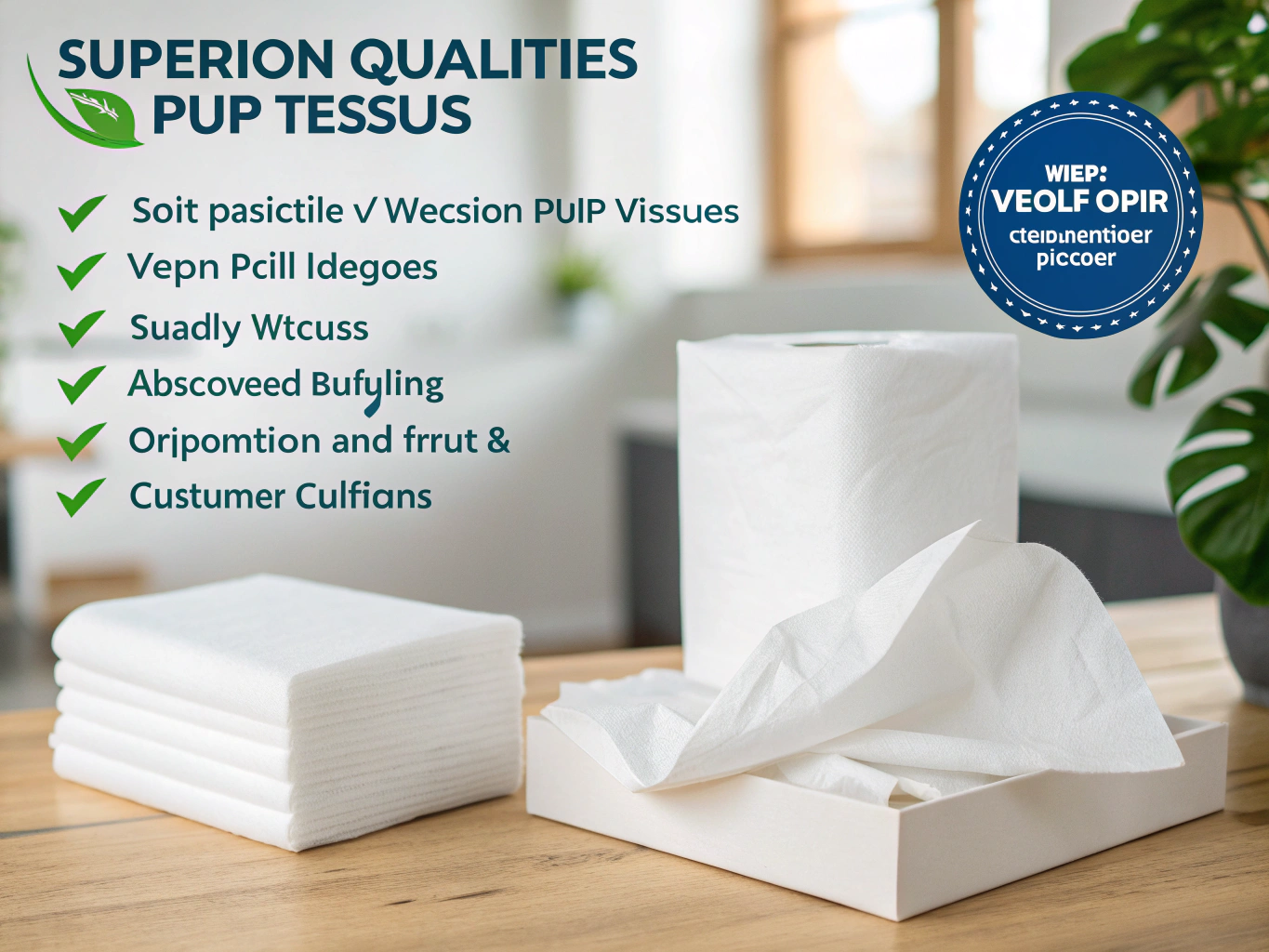
Import managers want more than low prices. They want stability in supply, product consistency, and packaging that appeals to shoppers. Virgin pulp tissue answers all three needs.
Why Is Virgin Pulp Used in Facial Tissues?
Consumers notice how a tissue feels on their skin. Rough paper harms a retailer’s reputation. Virgin pulp solves this.
Virgin pulp fibers are naturally stronger and smoother, producing tissues that feel softer, absorb better, and irritate less than recycled alternatives.
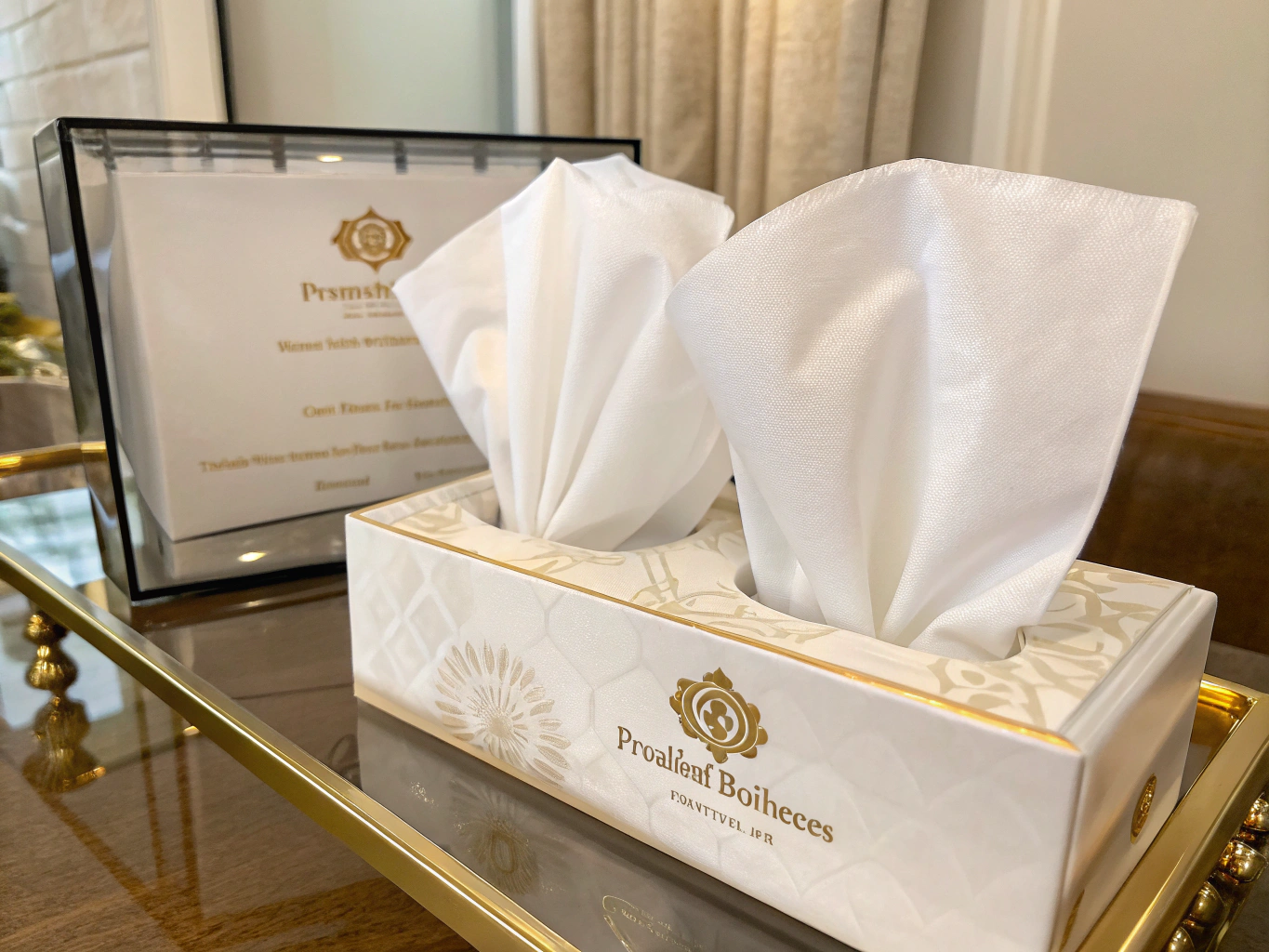
Let's explore more
Virgin pulp comes from wood or bamboo that has not been processed before. The fibers are clean, long, and consistent. This gives manufacturers more control over softness, absorbency, and strength. Recycled pulp, by contrast, may contain shorter fibers and impurities that reduce softness and create dust.
For wholesalers, this difference matters. Customers expect a tissue that is gentle on the face, especially during colds or allergy season. Using virgin pulp ensures every box delivers the same comfort, which reduces product complaints and builds loyalty.
In trade shows I’ve attended, buyers often compare samples side by side. Virgin pulp tissues stand out immediately—smooth, white, and uniform. Recycled tissues can look gray or feel scratchy. This is why wholesalers stocking supermarkets or pharmacies prefer virgin pulp as their go-to material.
What Is the Difference Between Virgin Pulp and Recycled Tissue?
Both are made from paper fibers, but the performance gap is clear. Wholesalers need to know this to avoid stocking errors.
Virgin pulp is pure and consistent. Recycled pulp varies in texture and quality, which can create uneven tissue products.
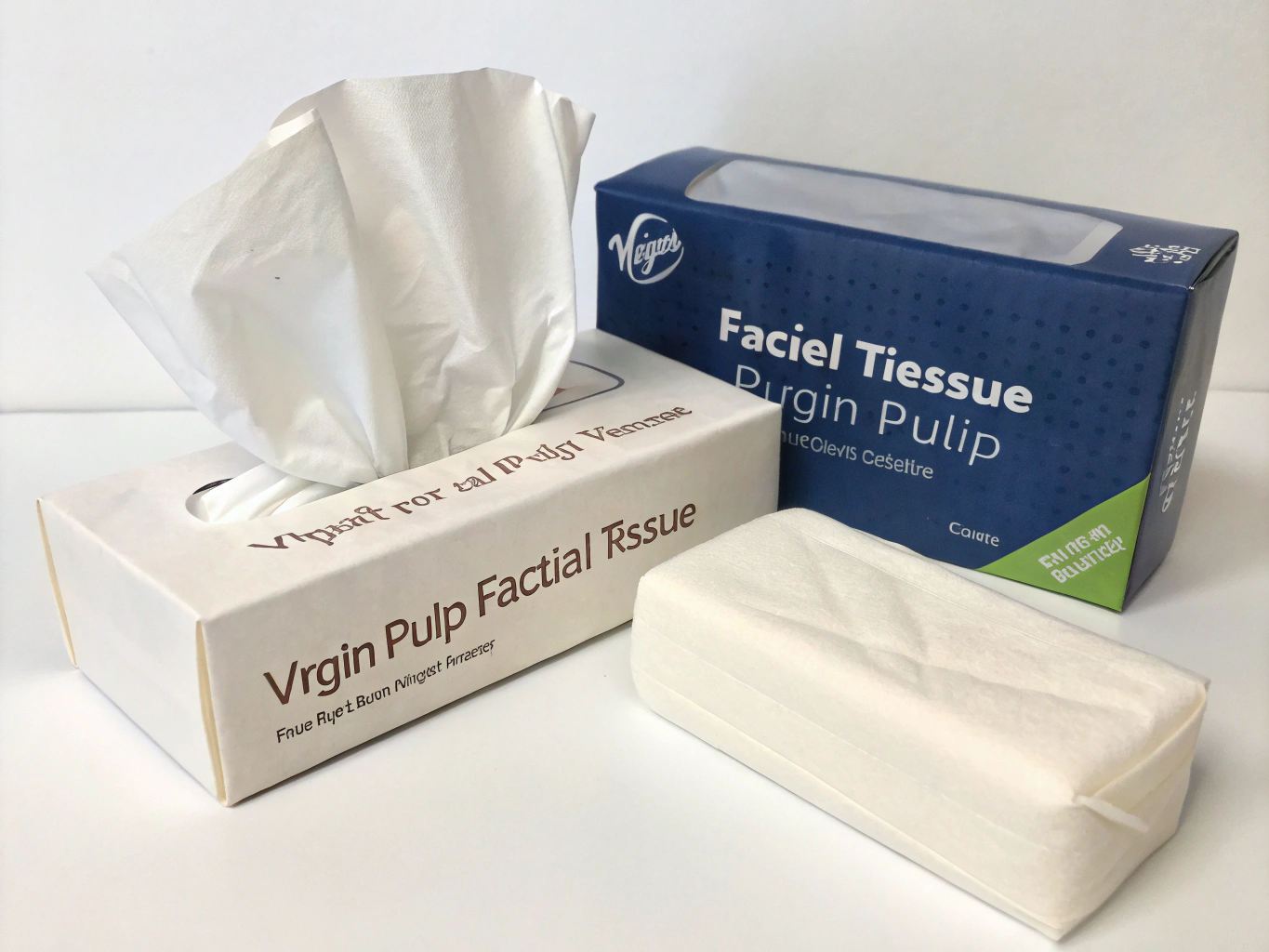
Let's explore more
Here’s a breakdown comparing the two:
| Feature | Virgin Pulp Tissue | Recycled Pulp Tissue |
|---|---|---|
| Softness | Very soft, smooth on skin | Rougher, may irritate sensitive skin |
| Absorbency | High, consistent | Moderate, varies by batch |
| Hygiene | Cleaner, fewer impurities | Higher risk of dust and bacteria |
| Appearance | Bright white, uniform | Can look gray or uneven |
| Shelf Appeal | Premium look and feel | Perceived as lower quality |
When a wholesaler places products in a supermarket chain, these differences affect shopper decisions. Softness and brightness attract buyers, while recycled options may push customers to choose other brands. In my experience, import managers who focus on virgin pulp products report fewer returns and stronger long-term contracts.
Is Virgin Pulp Tissue More Sustainable?
Sustainability is a hot topic in the paper industry. Buyers want soft products but also care about the planet.
Virgin pulp can be sourced from certified sustainable forests, balancing softness with responsible production. Recycled tissue saves resources but often sacrifices quality.
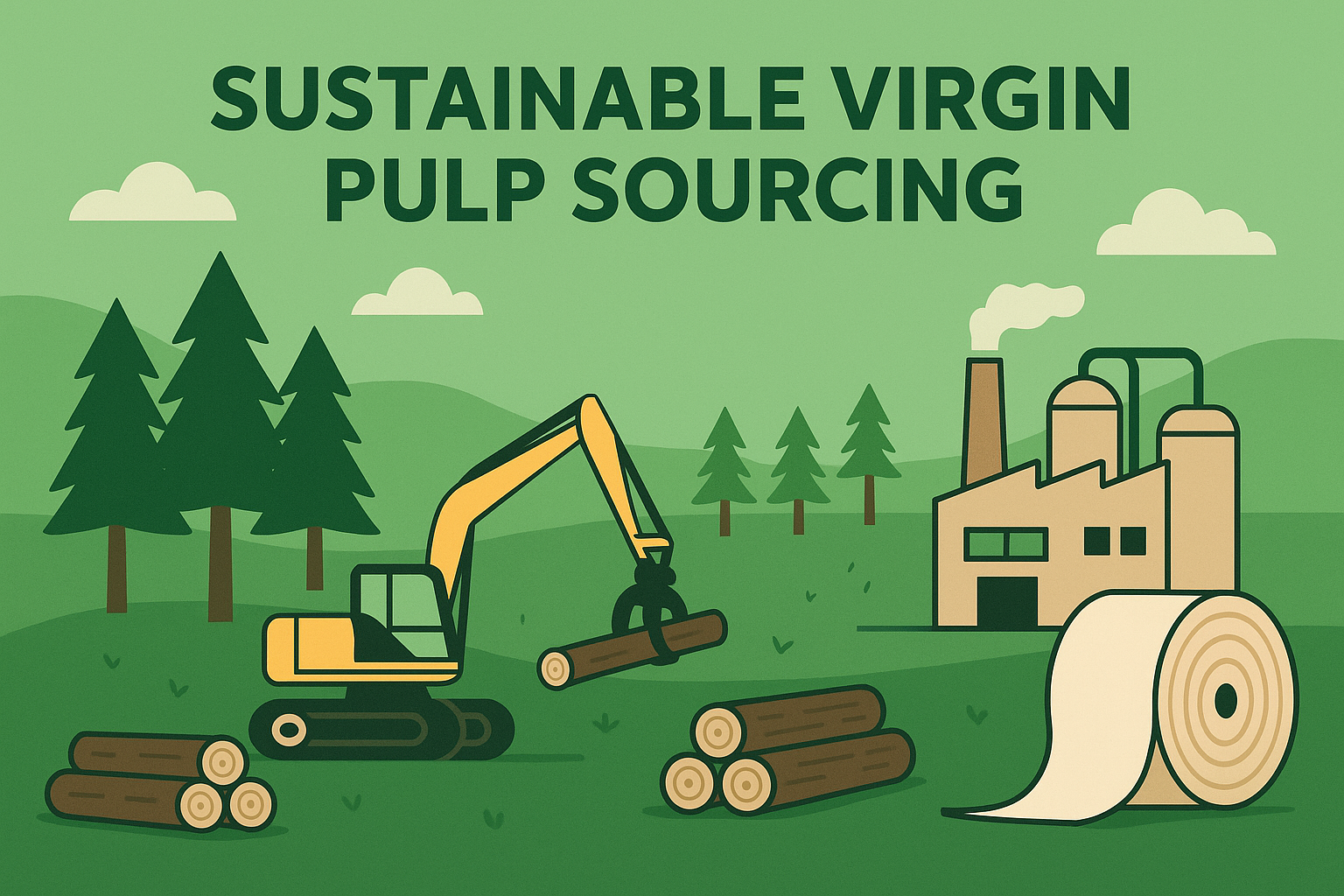
Let's explore more
Virgin pulp gets criticism for using fresh wood or bamboo fibers. However, many suppliers now source from FSC-certified forests or sustainably managed bamboo plantations. This ensures that tree harvesting is balanced with replanting and biodiversity protection.
Recycled tissue has advantages: less energy and water consumption during production. But it often falls short in performance, and that creates waste if customers reject the product or use more sheets per use.
For wholesalers, sustainability messaging matters. In markets like the Middle East, buyers increasingly ask about certifications such as ISO, SGS, or FDA compliance. Wholesalers who can show both premium softness and verified sourcing gain a competitive edge. At trade shows like Canton Fair, these questions come up repeatedly, proving that eco-credentials are part of the sales conversation.
Which Tissue Type Is Better for Wholesalers?
The choice between virgin and recycled pulp comes down to reliability. Wholesalers need products that build trust and sell well.
Virgin pulp tissue offers consistent softness and premium quality, making it the preferred choice for wholesalers targeting supermarkets, hotels, and pharmacies.
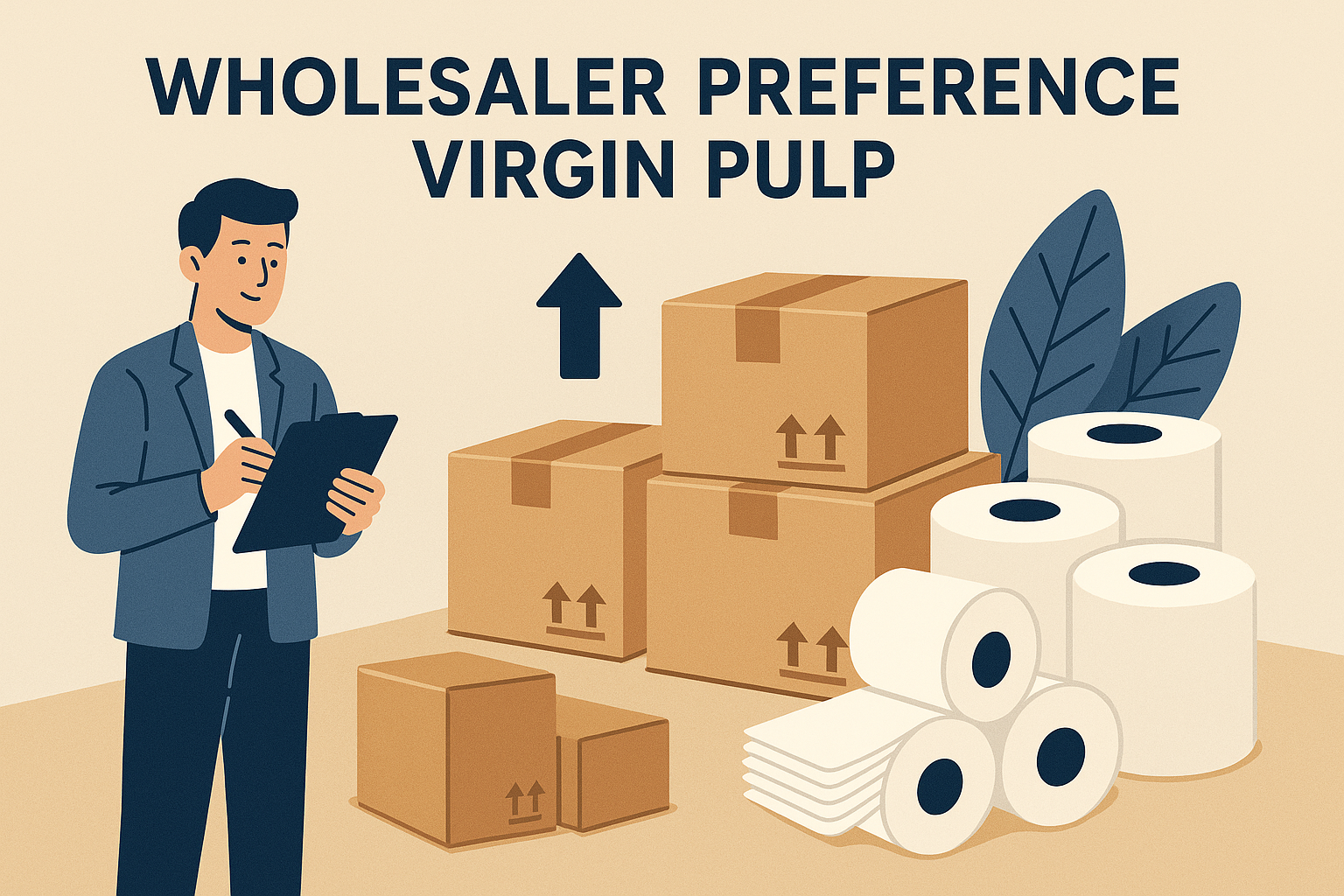
Let's explore more
Wholesalers don’t just sell products—they sell confidence. When importing containers of tissue, they must be certain every shipment meets the same standards. Virgin pulp delivers that. The fibers are uniform, the color is consistent, and the end product satisfies shoppers.
Recycled pulp may look cost-effective, but hidden problems arise: inconsistent batches, higher complaint rates, and weaker brand perception. In competitive markets, these issues can damage long-term contracts.
I remember a wholesaler in Dubai who tested both materials. The recycled pulp tissue was cheaper upfront, but supermarkets quickly rejected it after customer feedback. Within three months, they switched to virgin pulp tissue and saw better sales volume and improved relationships with retailers.
For wholesalers, the decision is clear. Virgin pulp may cost more per ton, but it pays back in loyalty, repeat orders, and strong positioning in the premium segment.
Conclusion
Wholesalers prefer virgin pulp facial tissue because it guarantees softness, hygiene, and consistency, while also supporting eco-certifications. This reliability drives stronger sales and long-term customer trust.
Share this article
About the Author

You might also like
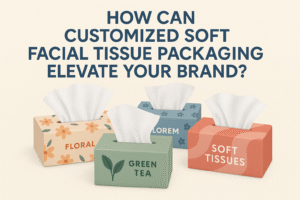
How Can Customized Soft Facial Tissue Packaging Elevate Your Brand?
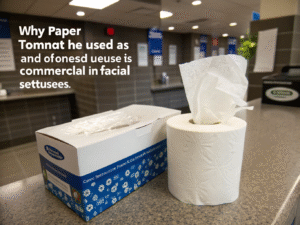
Why Can’t You Use Toilet Paper as Facial Tissue in Commercial Settings?
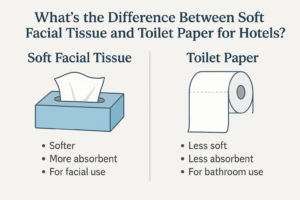
What’s the Difference Between Soft Facial Tissue and Toilet Paper for Hotels?
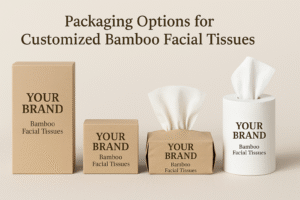
What Packaging Options Are Available for Customized Bamboo Facial Tissues?
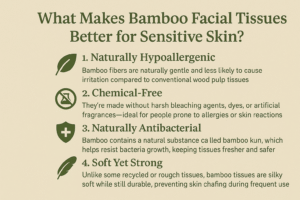
What Makes Bamboo Facial Tissues Better for Sensitive Skin?
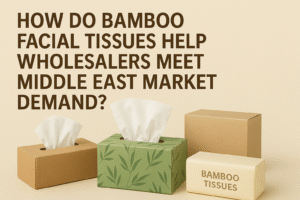
How Do Bamboo Facial Tissues Help Wholesalers Meet Middle East Market Demand?
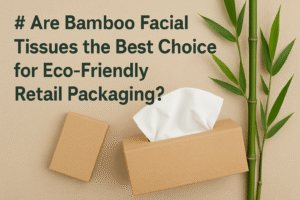
Are Bamboo Facial Tissues the Best Choice for Eco-Friendly Retail Packaging?
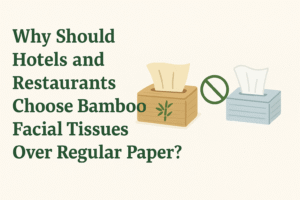
Why Should Hotels and Restaurants Choose Bamboo Facial Tissues Over Regular Paper?

